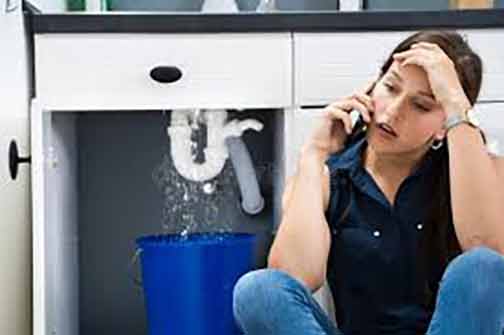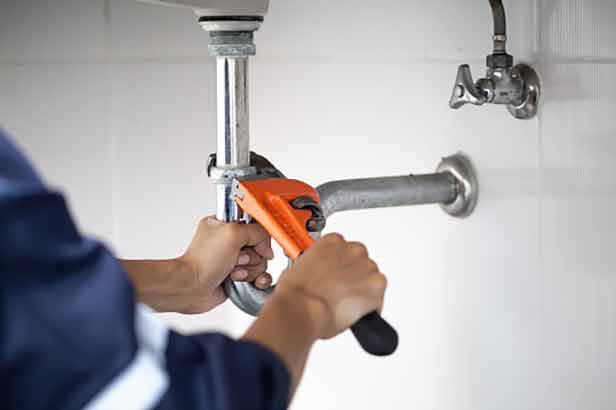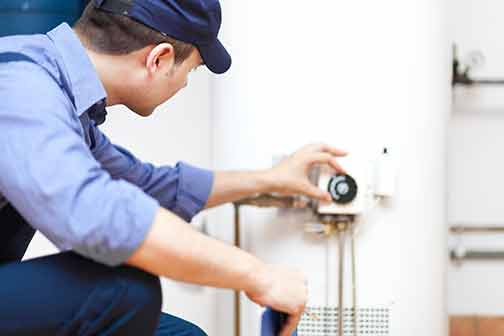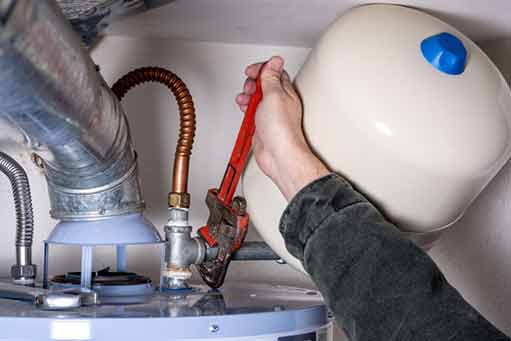Proper maintenance and preventive measures play a critical role in safeguarding your plumbing system. Whether it’s a residential or commercial property, a well-maintained plumbing system ensures the efficient flow of water and minimizes the risk of costly repairs in the future.
Regular Inspections
Performing regular inspections of your plumbing system is essential to identify potential issues before they become major problems. Engage professional plumbers to inspect the system thoroughly, including pipes, valves, fixtures, and drains. They will look for signs of leaks, corrosion, blockages, or any other damage that may compromise the integrity of your plumbing system.
Pipe Maintenance
Pipes are the lifeline of any plumbing system. To ensure their longevity and functionality, the following preventive measures should be taken:
- Flush drains regularly with hot water to prevent build-up of debris and grease.
- Avoid using chemical drain cleaners as they can corrode pipes over time.
- Insulate exposed pipes during colder months to prevent freezing and potential bursts.
- Address any cracks or leaks promptly to prevent water damage.
- Limit or avoid pouring grease, oil, or coffee grounds down the drain to prevent clogs.
Fixture Maintenance
Proper maintenance of plumbing fixtures not only ensures their longevity but also prevents issues such as leaks and low water pressure. Here are some preventive measures for fixture maintenance:
- Regularly inspect and replace worn-out washers and gaskets in faucets and showerheads.
- Ensure there are no loose connections in the fixtures, as they can cause leaks.
- Check toilet tanks for leaks by adding food coloring to the water and monitoring for any color seepage into the bowl.
- Install water-efficient fixtures such as low-flow toilets and aerators to conserve water and reduce strain on the plumbing system.
Hot Water System Maintenance
The hot water system is an integral part of any property. To ensure its efficiency and longevity:
- Regularly drain and flush the water heater to remove sediment buildup.
- Inspect the temperature and pressure relief valve to ensure it is functioning correctly.
- Check for any signs of corrosion or leaks in the tank and plumbing connections.
- Set the water heater temperature to a safe but energy-efficient level.
- Consider installing insulation blankets on older water heaters to improve their efficiency.
Preventing Frozen Pipes
Frozen pipes can lead to costly repairs and water damage. To prevent pipe freezing:
- Ensure proper insulation around pipes in unheated areas such as basements, crawlspaces, and attics.
- Open cabinet doors under sinks to allow warm air to circulate around pipes.
- Drip faucets during extremely cold weather to release pressure and prevent freezing.
- Disconnect and drain outdoor hoses, and close outdoor water valves before winter.
Professional Maintenance
Engaging professional plumbers for routine maintenance will help identify potential problems and ensure the longevity of your plumbing system. Some tasks that professionals can handle include:
- Water pressure testing to ensure optimal flow without any excessive strain on the pipes.
- Checking for hidden leaks using advanced detection techniques.
- Inspecting and cleaning sewer lines to prevent blockages and potential backups.
- Performing video inspections of the pipes to identify any damage or buildup.
Conclusion
Implementing preventive measures and regular maintenance is crucial in safeguarding your plumbing system. By staying proactive and addressing issues promptly, you can avoid expensive repairs, extend the life of your plumbing system, and ensure a continuous supply of clean water throughout your property.



